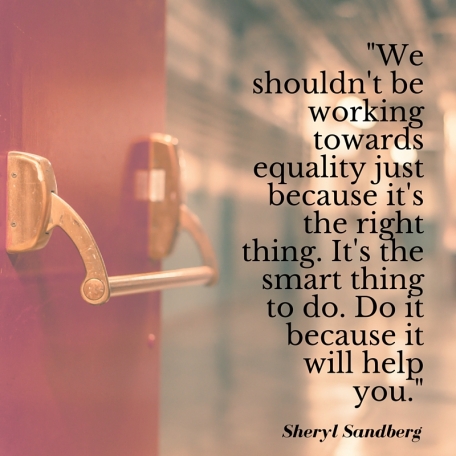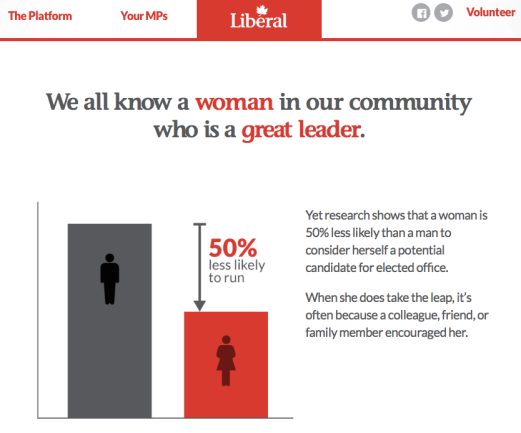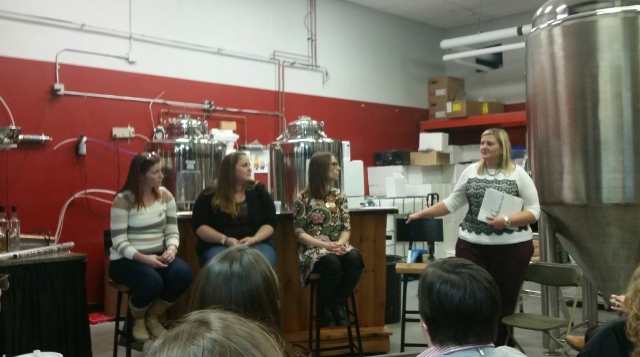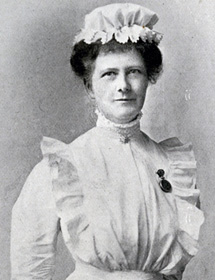2186. It’s not the latest GPS screen from John Deere.
2186 is the year that women will finally achieve wage parity, according to the World Economic Forum report released in the fall.
“When measured in terms of income and employment, the gender gap has widened in the past four years; at 59%, it is now at a similar level to that seen in the depths of the financial crisis in 2008.”
So, it’s not really surprising the United Nations chose the theme “Be Bold For Change” for International Women’s Day earlier this month. Indeed, bold actions are needed to end the injustice women face in the world. Even in our country and industry, where women are granted equal rights, there is a very real gender wage gap and women are still expected to do the majority of the unpaid housework and child rearing.
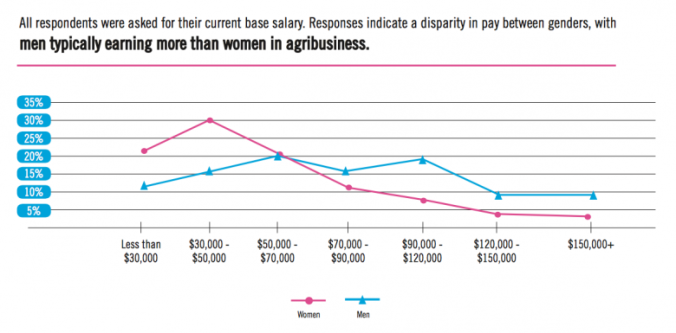
Bold actions look different for everyone. What is “bold” for me may be no big deal for you and terrifying still for someone else. What is important is we are consciously making the decision to step out of our comfort zone, even if it’s just to question the unacceptable “acceptable” sexism which exists in our society.
That was the message from Claire Cowan, one of the speaker’s at this week’s AWN event, held in conjunction with the Perth Soil & Crop Improvement Association.
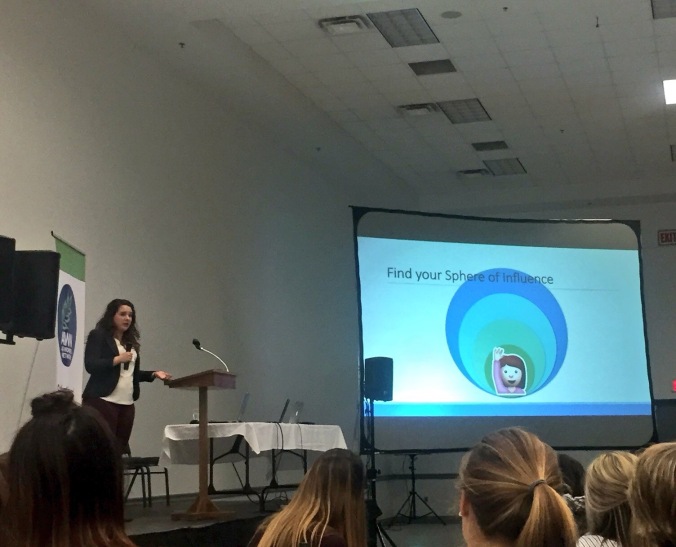 Cowan described the spheres of influence we each have and how we need focus first on ourselves, then slowly move outwards to change our behaviour and eventually, hopefully, attitudes around us will also change.
Cowan described the spheres of influence we each have and how we need focus first on ourselves, then slowly move outwards to change our behaviour and eventually, hopefully, attitudes around us will also change.
“Get comfortable with your awkwardness,” she suggested, offering tips for how to react (or not react) when you face an inappropriate comment in the workplace or industry.
Addressing Your Spheres of Influence:
- Recognize your own biases in the thoughts that enter your head or words and phrases you use.
- Point out to your colleagues (especially men) when you witness sexism. They may not realize its happening.
- Have a conversation with them about what they can do to support you and stand up against this behaviour.
- Ask. Ask if your company has done a gender wage study and what they are doing with the results. Ask your commodity board the same question. Ask if they have a strategy to engage more diverse voices on the board.
- Make it happen. I see many women leave the corporate world to run a business on their own. Whether you’re a farm or providing ag services, make sure your biases aren’t creating an unfair gender balance.
Step Up, Speak Up, Get Social
Even still, standing up to speak in a meeting or putting our ideas out there is intimidating. I still get nervous and often miss the opportunity to ask a question in a forum, because I’m too scared to step to the mic.
If we get over this though, we can “expand our reach” even further, because as Christina Crowley-Arklie shared;
“Everyone can be good at communication. It doesn’t cost anything or require formal education.”
Christina may have been born a public speaker, but having personally witnessed shy 4-H members develop the confidence and skill to speak in front of an audience, I believe she is right.
Knowing your audience and how to catch their attention is key. Christina cited the U.S. election as an example of where this strategy was employed with incredible precision and great success.
Once you’ve prepped, Christina offered the following tips on delivering a good presentation.
Tips For Delivering A Good Presentation
- Warm up by saying the phrase, “Tip of the Tongue, the Teeth, the Lips”. It’s a tongue twister and will get you prepped to speak clearly when you take the mic.
- Dress for success. If you look your best, you will also feel your best.
- Get in your comfort zone. Arrive early and make sure all the technology works and you’re comfortable with it.
- Have your necessary props. If all you need is a “clicker” and you plan to do more speaking or run future events, consider buying one and bring it along with spare batteries.
- Eyes on the sky. If making eye contact freaks you out, scan the room looking just over people’s heads.
Finally, with social media providing us with an opportunity to share our message with lots of people, it is still very hard to create the personal impact and connection that a well-delivered presentation or speech can have. The best way to practice is by doing, so when you’re ready to reach that next sphere of influence, put yourself out there and be heard!
Follow Christina on Twitter and check out her blog, The Passionate Voice. for more about public speaking, personal branding and social media.
Follow Claire on Twitter.
Special thanks to the Perth Soil & Crop Improvement Association and all the sponsors whose generous support made this event possible.
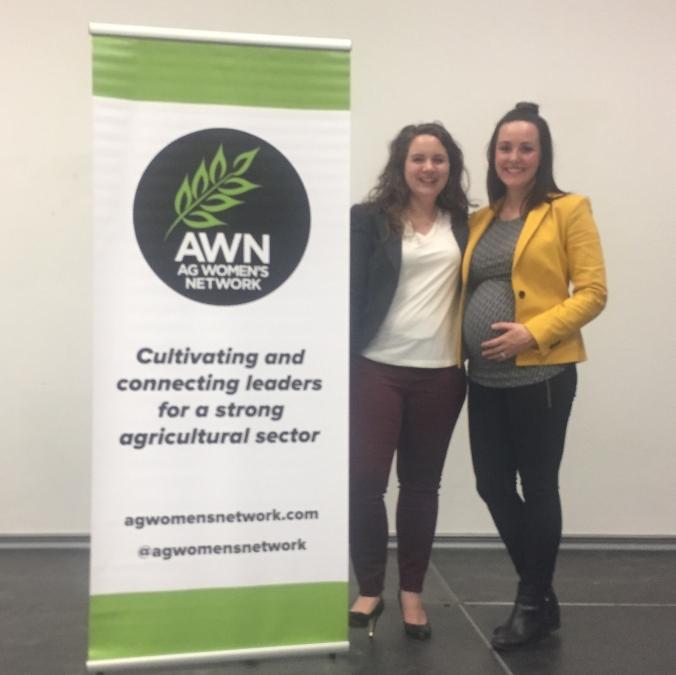
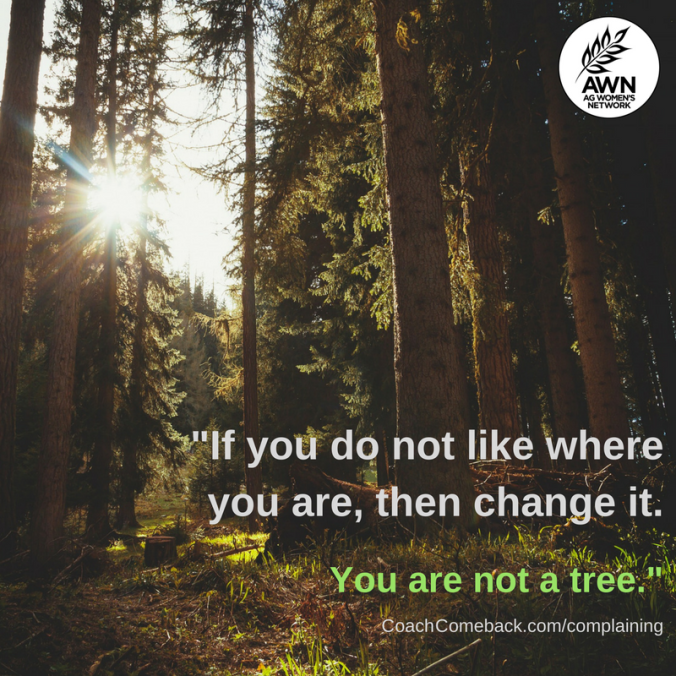
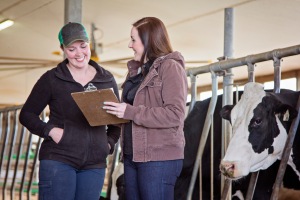 Finally, if you work in agriculture (or any industry for that matter), you can save yourself a lot of trouble by not assuming. Address everyone at the table, ask how they are involved (and consider women are more likely to downplay their role) and seek out their opinions.
Finally, if you work in agriculture (or any industry for that matter), you can save yourself a lot of trouble by not assuming. Address everyone at the table, ask how they are involved (and consider women are more likely to downplay their role) and seek out their opinions.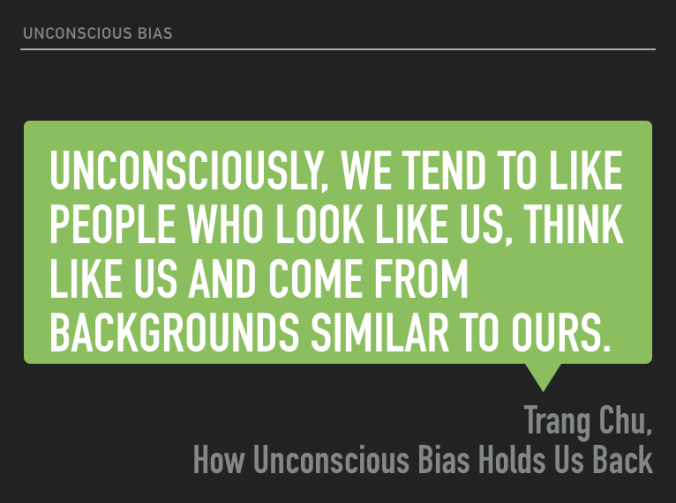 We are so conditioned to expect men and women to fill certain roles on our farms, in our industry and in society we judge people and their competencies without even realizing it.
We are so conditioned to expect men and women to fill certain roles on our farms, in our industry and in society we judge people and their competencies without even realizing it.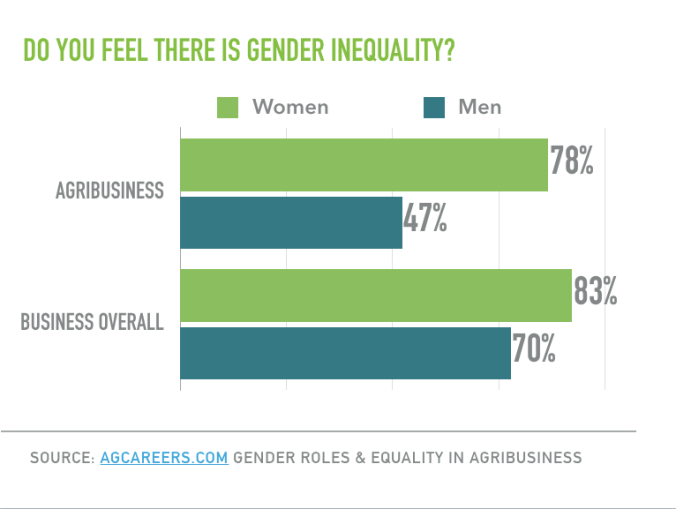


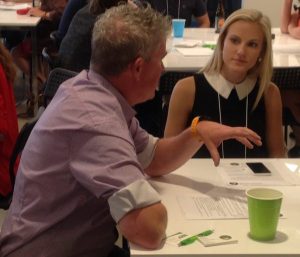
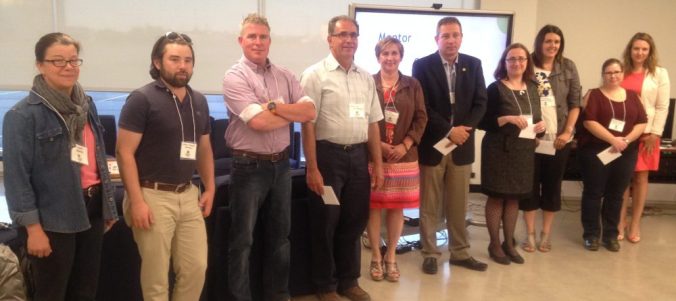
 Noted as the “greatest progress women have made since gaining the right to vote”, Germany is the latest country to adopt
Noted as the “greatest progress women have made since gaining the right to vote”, Germany is the latest country to adopt  When I posed this question to our group, is sparked a rich discussion. Women shared their experiences, debated the merits of a quota and began unpacking the current gender imbalance. The “
When I posed this question to our group, is sparked a rich discussion. Women shared their experiences, debated the merits of a quota and began unpacking the current gender imbalance. The “